More than six million Burundians were called to the polls on Thursday for a crucial double election, selecting members of the National Assembly and communal councilors in the first vote held under the country’s new administrative structure.
Over 14,000 polling stations across Burundi opened at 6 a.m. local time, though some experienced slight delays. Voting officially ended at 3 p.m., with some locations granted a one-hour extension. In several centers, voting concluded even before the official closing time, followed immediately by the vote-counting process.
Voters were tasked with electing 100 members to the National Assembly, with an additional three seats reserved for co-opted members from the Batwa ethnic group, as mandated by the electoral code. Communal councilors were also elected in the newly established 42 communes — a significant reduction from the previous 119, following a sweeping administrative reorganization that divided the country into five new provinces. Each commune will now be governed by a 25-member council. Both deputies and councilors will serve five-year terms, compared to the seven-year term for the presidency, introduced in 2020.
President Evariste Ndayishimiye cast his vote in his home village of Musama, in Giheta commune, Gitega province. Speaking to the press, he praised the peaceful conduct of the elections.
“Everything is going smoothly, and Burundians are proud to vote — which is understandable, as voting is a patriotic act,” Ndayishimiye said. “Whoever doesn’t like elections doesn’t like the future of their country. We hope that those elected will work for the people’s wellbeing.”
However, the opposition party CNL voiced serious concerns over widespread irregularities. In a statement posted on X (formerly Twitter), the CNL alleged incidents of multiple voting, voter coercion, violation of ballot secrecy, denial of access for their party agents, arbitrary arrests, and the use of pre-marked ballots — all allegedly carried out by polling station officials.
Some of these concerns were echoed by the National Independent Electoral Commission (CENI). Its president, Prosper Ntahorwamiye, acknowledged “imperfections” in the process.
“There were a few flaws that may have tarnished the process, but these are minor incidents that should not discredit the entire election,” Ntahorwamiye admitted.
He apologized for reports that an African Union observer mission was allegedly denied access to a polling station at the International School of Bujumbura, pledging that such matters would be investigated.
Ntahorwamiye also mentioned an unconfirmed report from Bubanza province, where a polling station president allegedly assaulted a voter.
“We don’t yet know what exactly happened, but the judiciary must do its job in every such case,” he added.
This election saw participation from 23 political parties, a coalition known as Burundi Bwa Bose, and 11 independent candidates. Official results are expected within a week.
International observers from organizations such as the Central African Economic Community, the African Union, and the International Conference on the Great Lakes Region (ICGLR) monitored the process.
The electoral cycle will continue in July with the election of senators—who will be chosen by the newly elected communal councillors—and local council elections in August. The presidential election is scheduled for 2027

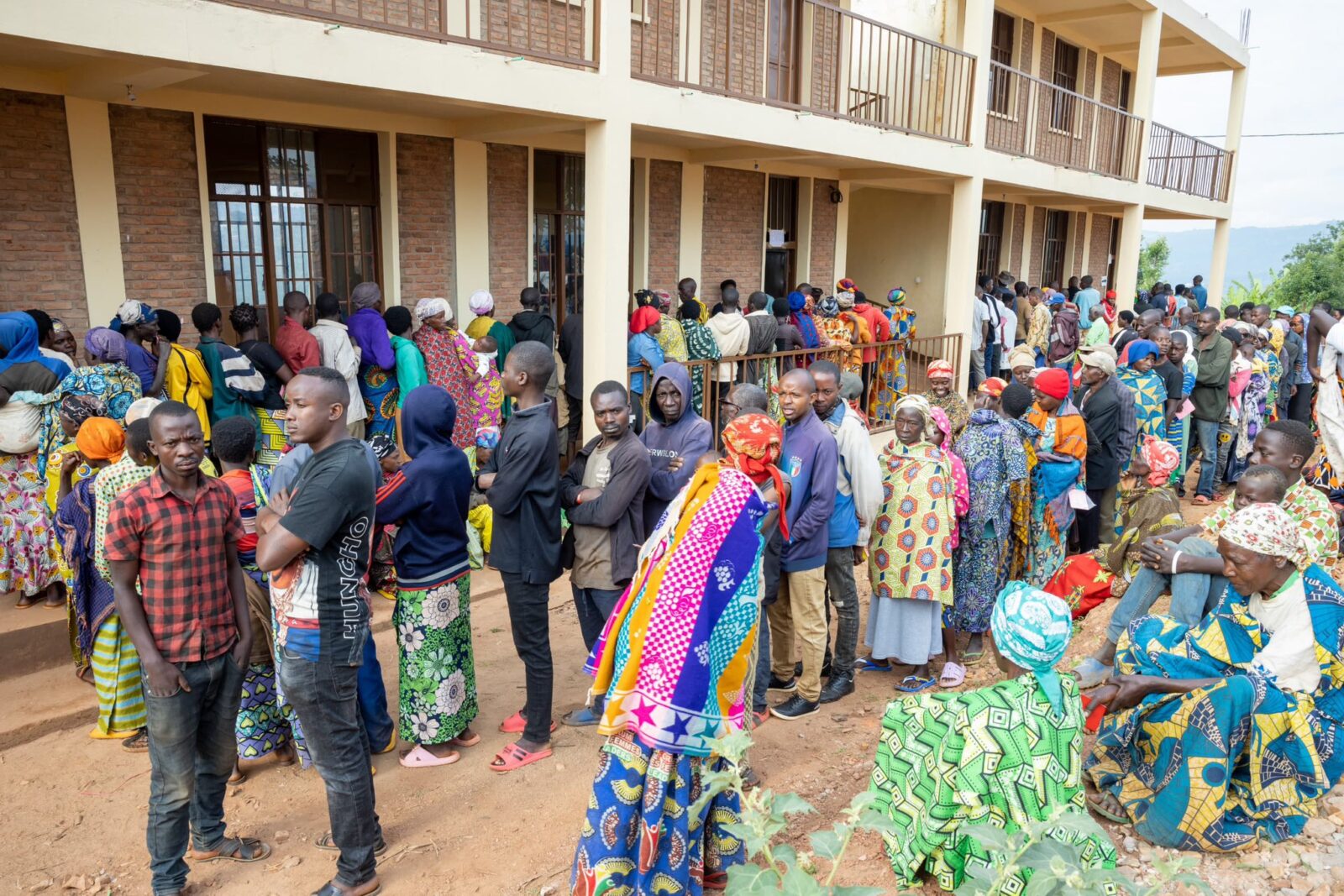
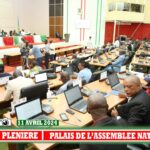

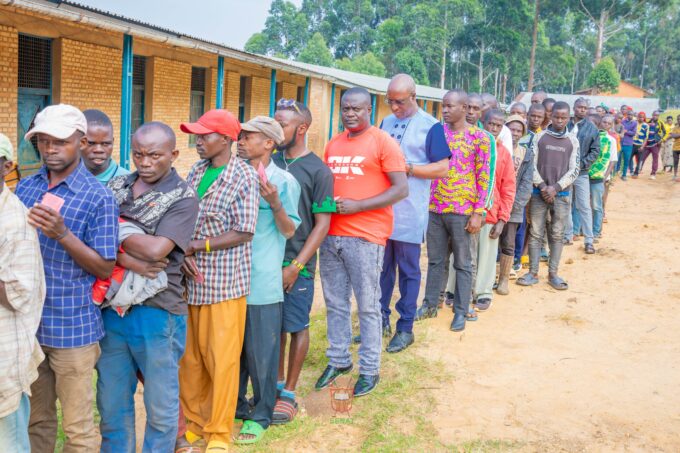
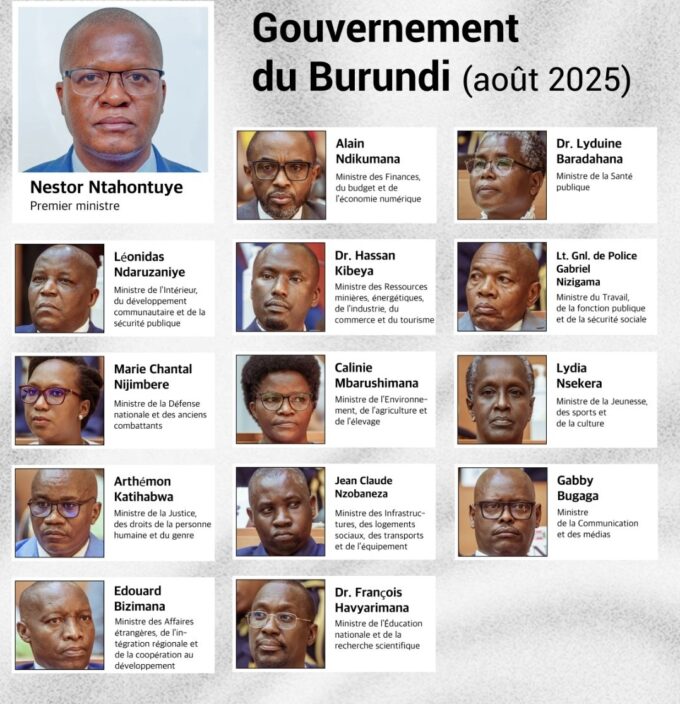
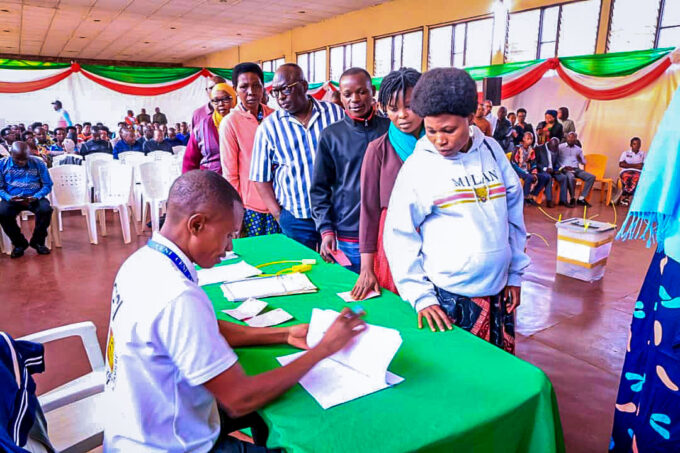
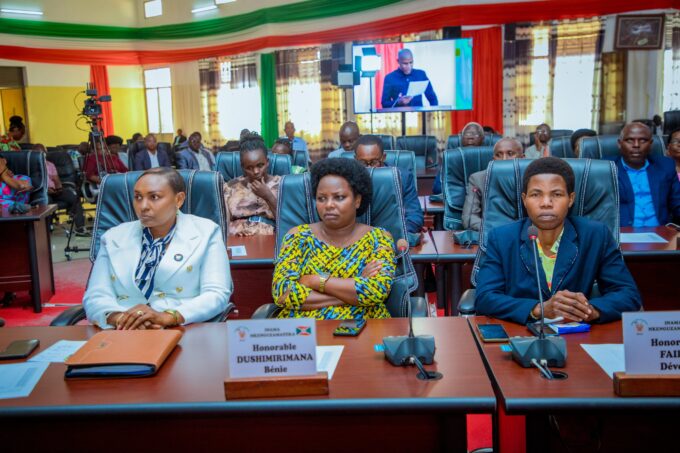
Leave a comment